Team One: Children's Services

Direct client services provided to children from infancy through elementary school. Brain development is most rapid during the early childhood years and sets the stage for learning and development later in life. Providing quality early childhood intervention, including education support, helps children develop essential skills to reach their greatest potential.
Team Two: Community Support Services
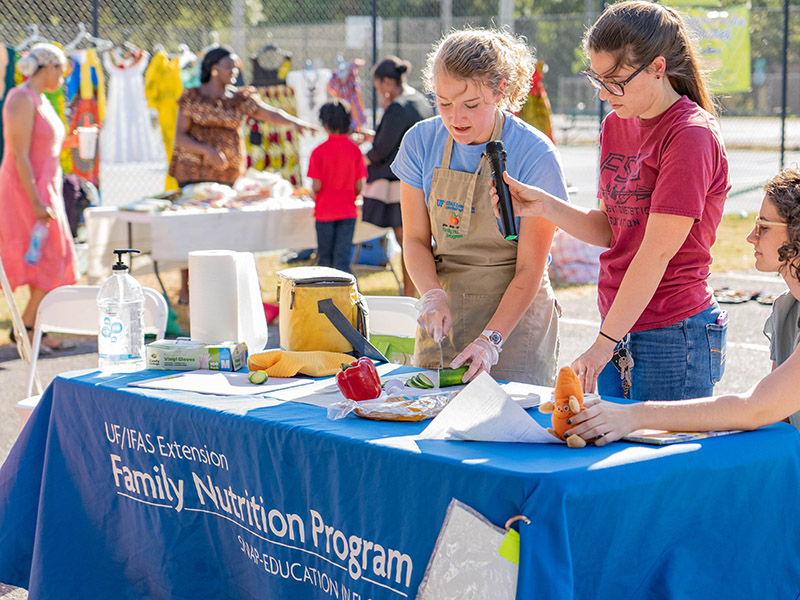
Seamless continuum of care; a network of wraparound supportive services to bridge gaps, eliminate barriers, and increase safety and financial security for the general population. Services may include information and referrals, rape and crisis intervention, legal assistance, literacy services, financial education, homeownership services, technology accessibility and employment and training for adults.
Team Three: Services for Persons with Disabilities
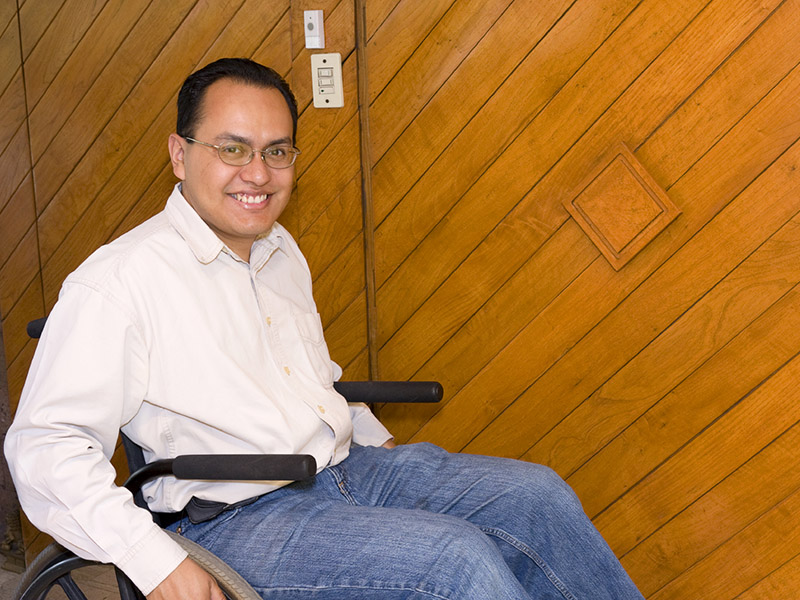
Direct client services provided to persons who have a temporary or permanent disability. These services assist people diagnosed with a disability attributable to an intellectual, psychiatric, cognitive, neurological, sensory, physical or medical impairment. Services include help with special needs, social development activities, assistance with medical equipment and supplies, therapeutic interventions and accessibility and independent living support such as ramps and visual aids.
Team Four: Basic Needs and Emergency Services
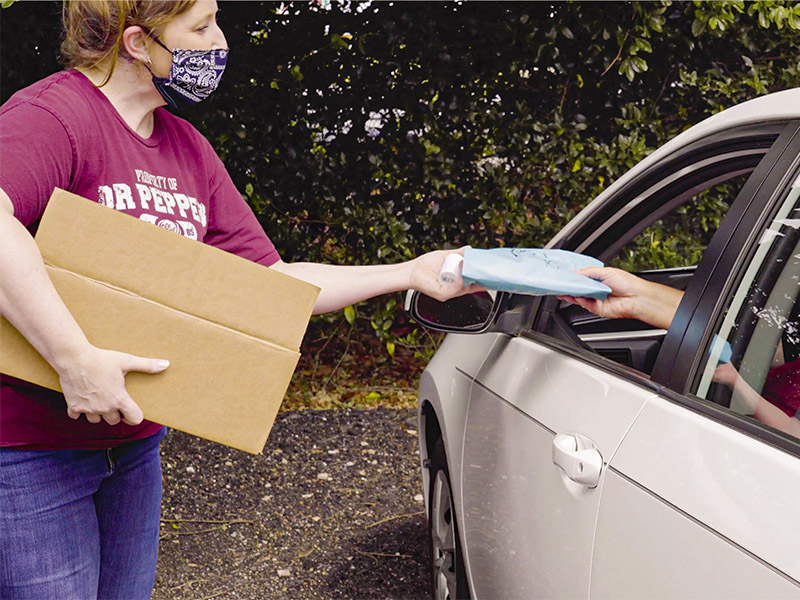
Direct client services providing safety-net relief for essential and emergency needs. Overall, services in this category help individuals and families meet their basic needs during a disaster or crisis such as food, supplies, counseling and other services to support households to transition out of crisis. Housing related emergency needs are addressed through Team 11.
Team Five: Family Support Services

Direct client services provided primarily to families in an outpatient setting or within a family-focused residential setting, as opposed to serving individuals. Family support services address the safety and well-being of children and families and may include counseling and other interventions to strengthen family relationships and long-term shelter or transitional living for youth and young adults.
Team Six: Health Services

Direct client services provided to individuals, families or the community at large, either for general health/mental health or specific health-related conditions. Programs in this category may include direct care/treatment, preventative care, testing and assessments, wellness programs and end-of life planning.
Team Seven: Senior Services
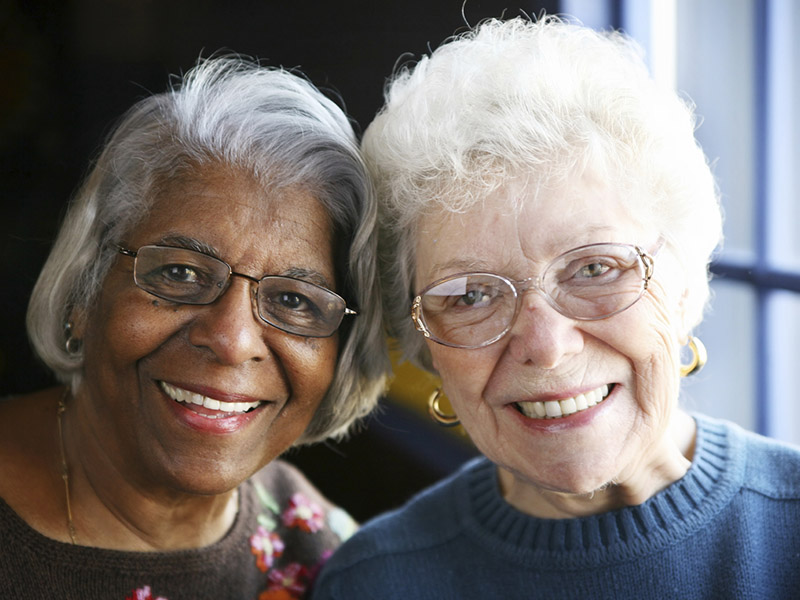
Direct client services provided to elder residents (age 55 and above) that promote physical, emotional, cognitive and social functions of seniors at risk of chronic health conditions, poverty or social isolation. Services in this category may include assisting seniors with managing a disability, daily living, health and safety, basic needs, in-home care, nutrition, social involvement and end of life planning. In addition, these services include caregiver supportive services such as respite care for persons diagnosed with Alzheimer’s and related dementia disorders.
Team Eight: Youth Recreation, Character Building and Mentorship Services
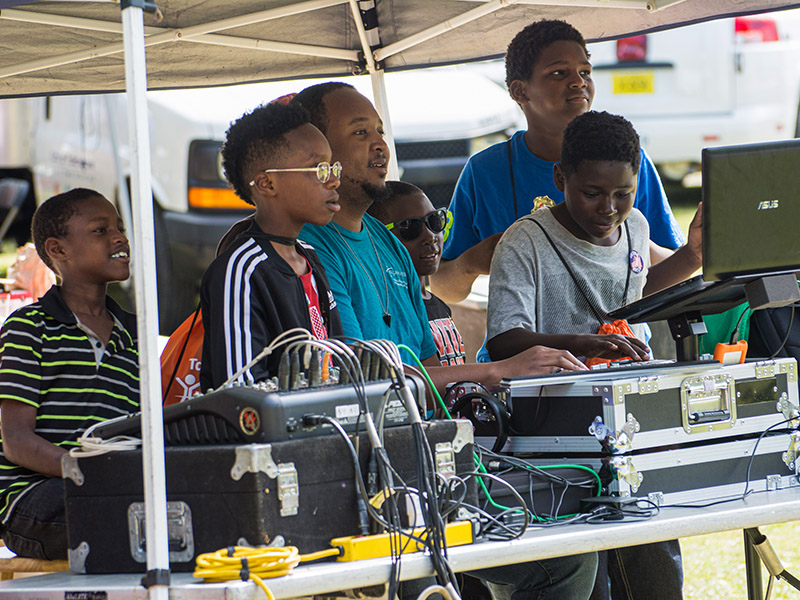
Direct client services targeting middle school through high school age youth, with an emphasis on cultivating the youth’s social, physical, emotional and behavioral development. The goal of positive youth development is to build and strengthen assets that enable youth to grow and flourish throughout life. Services in this category enable youth to minimize risk factors and enhance protective factors that lead to successful life outcomes.
Team Nine: Youth Education, Employment and Training
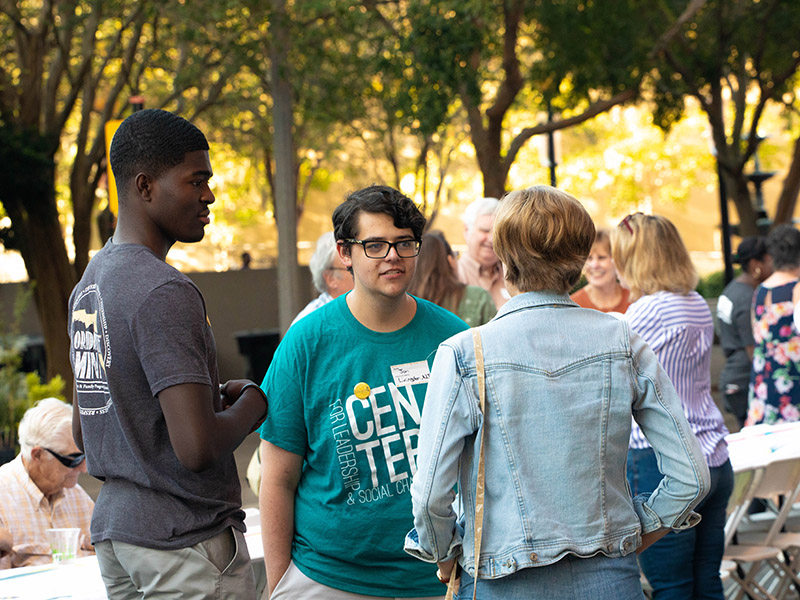
Direct client services targeting middle school through high school age youth, with a focus on academic performance, career exploration, social development, employment and training and job placement. To help youth reach their academic and career potential, programs in this category also holistically address the needs of the youth by minimizing barriers that impede success and strengthening the protective factors that lead to successful outcomes.
Team Ten: Promise Zone Services

Direct client services to improve the lives of residents living in the Promise Zone. The program must demonstrate the provision of services in approved census tracts: 4, 5, 6, 10.01, 10.02, 11.01, 11.02, 12, 14.01, 14.02, 19.01, 19.02, 20.03, 20.04, 20.05, 20.06, 21.03 and 21.04. The City Commission has adopted Neighborhood First Plans for each neighborhood developed by residents in the community to address poverty and inequity. The plans can be found here. Programs applying for CHSP Promise Zone funding must identify the priority areas, strategy and action items to be addressed. See Appendix C for a map of the Promise Zone area.
Team Eleven: Homeless Services
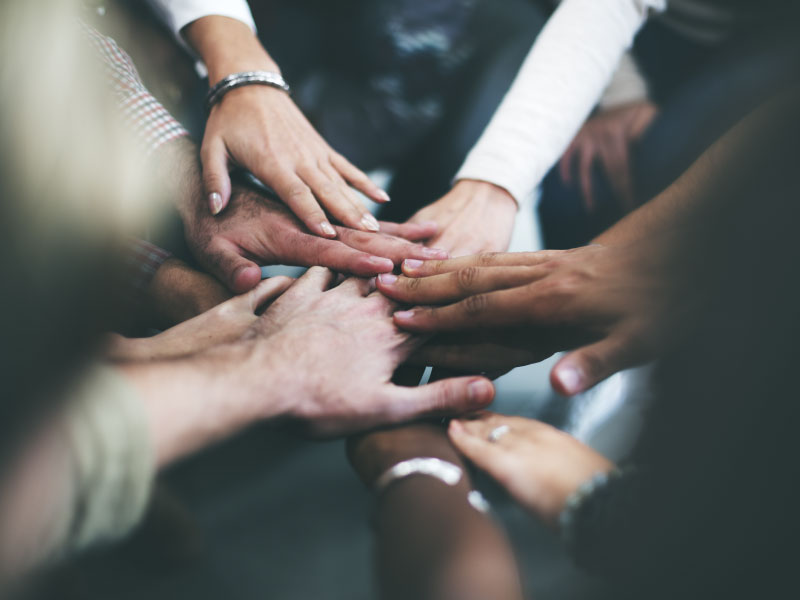
Direct client services to homeless individuals and those at risk of homelessness to transition them to stable housing. Eligible services include homelessness prevention and diversion, street outreach, shelter operations, essential services, permanent supportive housing and rapid rehousing. Effective programs in this category decrease chronic homelessness, decrease the length of time someone experiences homelessness, decrease returns to homelessness and increase collaboration efforts to address needs of special populations.
The Homeless Services Category will be administered in coordination and collaboration with the Big Bend Continuum of Care (BBCoC). Applicants must follow the federal definition of “Homeless” and “At Risk of Homelessness.” Funded agencies will be required to become a member of BBCoC, participate in the BBCoC Coordinated Entry System and use the Homeless Management Information System (HMIS) for data reporting.